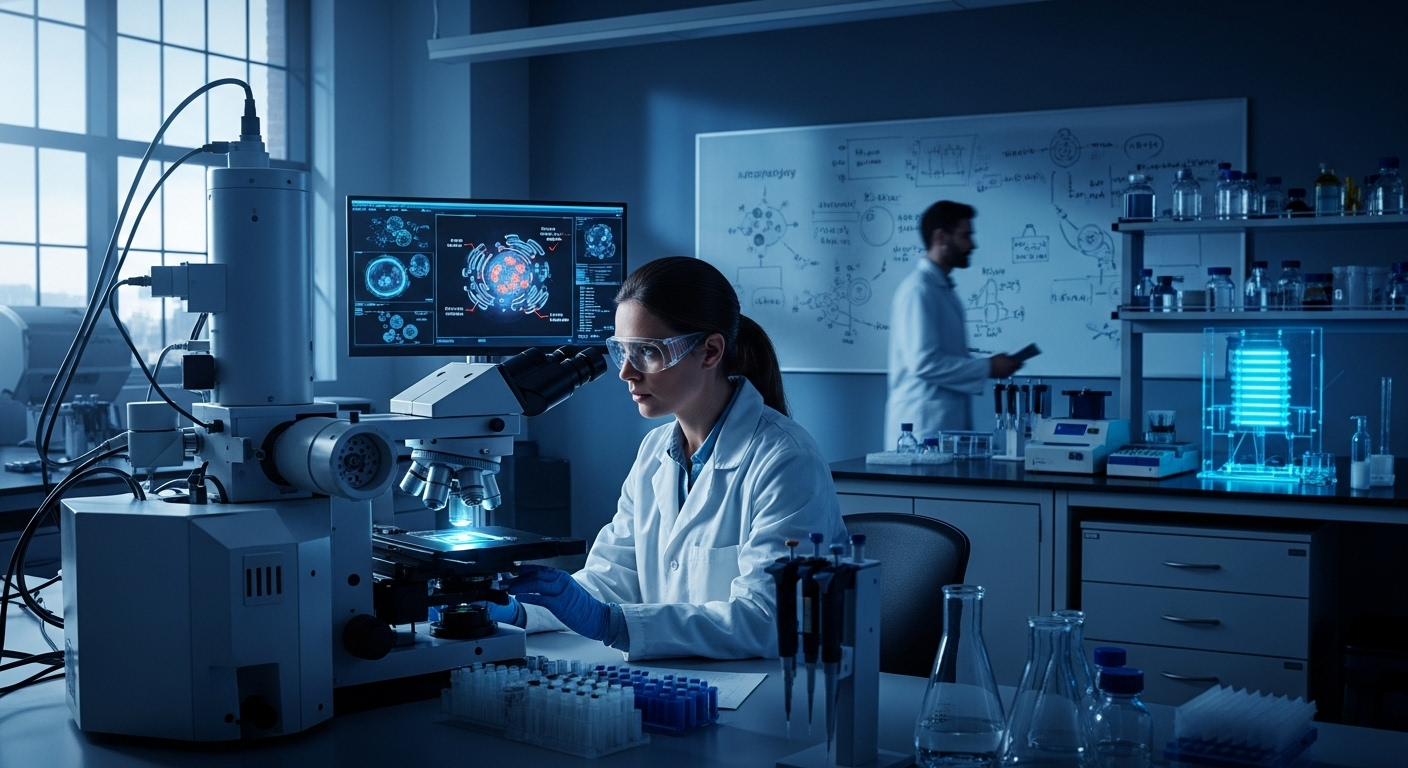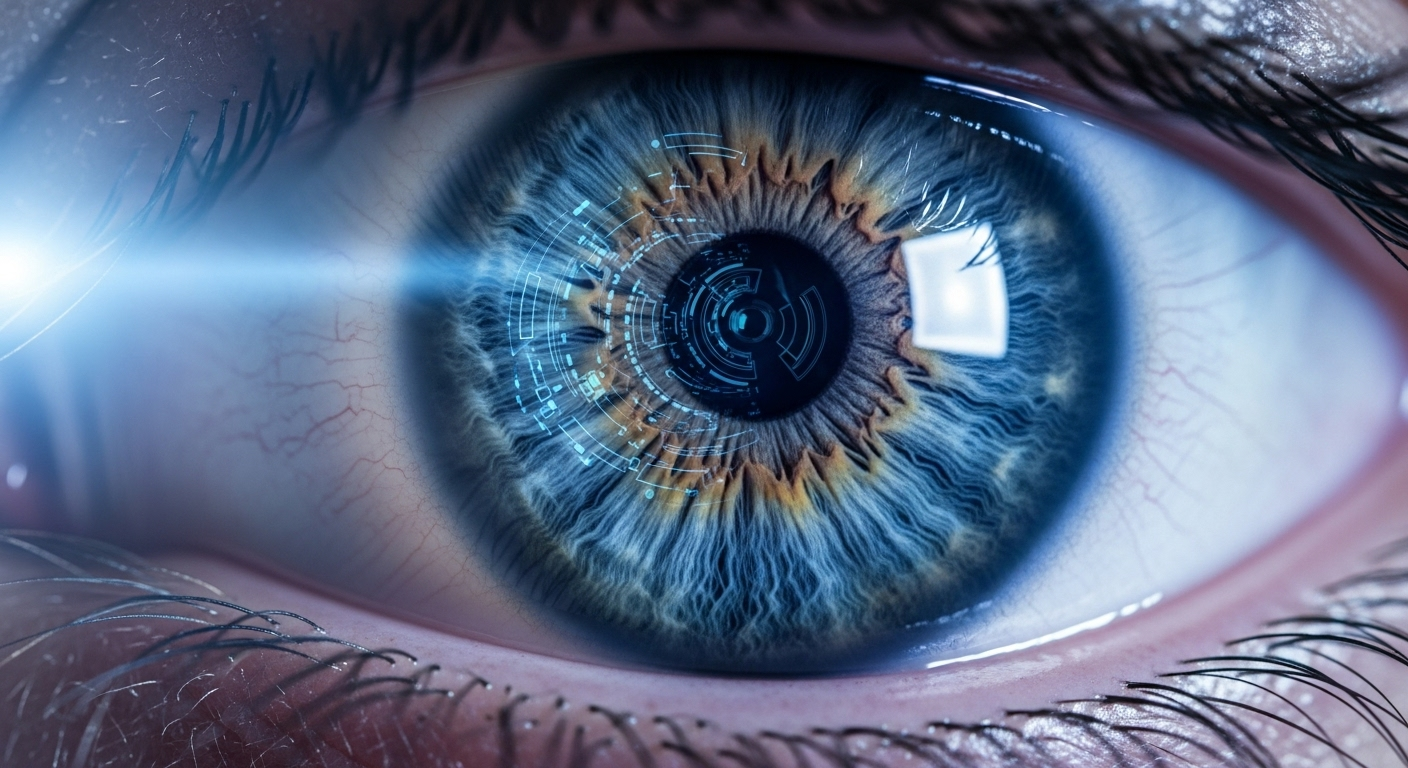Unveiling the Mysteries of Autophagy: Your Body's Hidden Detox System
Your body has a hidden detox system. It's not your liver, kidneys, or digestive system, but a cellular process called autophagy. But what exactly is autophagy, and how does it impact our health? Let's delve into the topic and uncover the mysteries of this fascinating bodily function.

Autophagy, a term derived from the Greek words for “self-eating,” is a natural process where our cells clean out damaged parts, making way for newer, healthier cells. This process is crucial for maintaining optimal health and fighting off diseases, including cancer and neurodegenerative disorders.
The Science Behind Autophagy
Understanding autophagy requires delving into cell biology. In the 1960s, scientists observed that cells could destroy their own components in lysosomes—specialized compartments filled with enzymes. This process was later named autophagy. However, it wasn’t until 2016 when Yoshinori Ohsumi won the Nobel Prize for his work on autophagy that this process gained widespread recognition.
Autophagy helps maintain cellular health by removing damaged proteins and organelles, fighting microbial infections, and supplying energy during periods of starvation or stress. It’s a survival mechanism, a waste disposal system, and a renovation project all rolled into one.
Autophagy and Health: Current Insights
Research suggests that boosting autophagy can have tremendous health benefits. For instance, studies have found that autophagy can boost longevity, enhance physical performance, and improve cognitive function. It’s also being studied as a potential strategy for treating diseases such as cancer, Parkinson’s, and Alzheimer’s.
However, the role of autophagy in health is complex. While too little autophagy can lead to a buildup of damaged cells, excessive autophagy can also be detrimental. Striking the right balance is key.
The Pros and Cons of Autophagy
On the plus side, autophagy helps the body get rid of damaged cells, reduces inflammation, and may help prevent aging and disease. On the other hand, too much autophagy can lead to cell death and could potentially contribute to diseases like cancer.
While boosting autophagy can have potential health benefits, more research is needed to fully understand its role in human health and disease. It’s also important to note that autophagy is a complex process that should not be manipulated without professional guidance.
Quick Facts About Autophagy
-
Autophagy is a cellular process where cells recycle their damaged parts.
-
It plays a crucial role in maintaining optimal health and fighting off diseases.
-
It helps the body get rid of damaged cells, reduces inflammation, and may help prevent aging and disease.
-
Too much or too little autophagy can potentially lead to health problems.
-
Boosting autophagy may have potential health benefits, but more research is needed.
In summary, autophagy is a fascinating and complex cellular process. While it can potentially offer numerous health benefits, it’s crucial to remember that it’s not a magic bullet. Like all aspects of health, balance is key. Stay tuned to the latest research, and always consult with a healthcare professional before attempting to manipulate this process.





